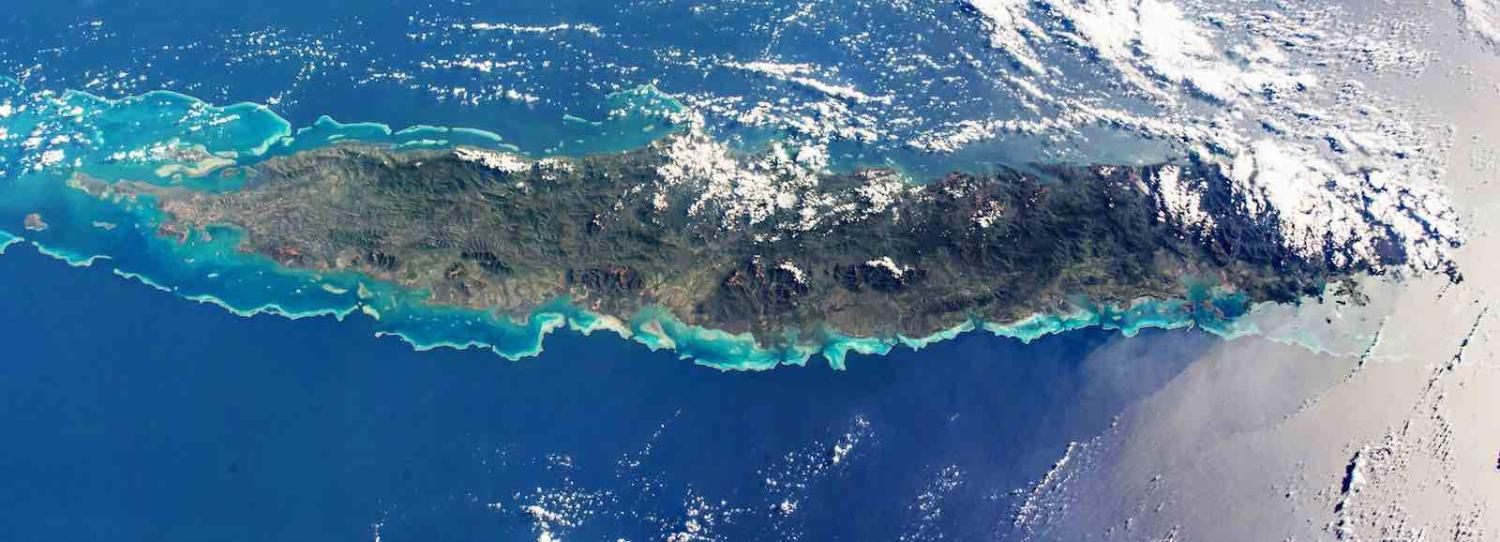Barely a month since the carefully choreographed visit by French President Emmanuel Macron to New Caledonia, positions have hardened as parties prepare for the 4 November 2018 independence referendum. Small hard-line pro-French parties with their eyes on the May 2019 local elections are undermining efforts of the mainstream loyalist and independence parties collaborating to define the future of New Caledonia beyond the referendum. Elements of the independence camp are biting back.
During his visit to kick off the campaign for the referendum, Macron made gestures to the pro-independence group, visiting symbolic sites and handing over the original documents of possession, saying the time for unilateral possession was past and that it was for the New Caledonians to decide their future.
However, while maintaining the French state would not take a position on the outcome of the vote, its position was pretty clear in Macron’s keynote speech, when he described the referendum process as “constructing a sovereignty within a national sovereignty”, and detailed at length how France would be the poorer if it lost New Caledonia.
Reactions in the weeks after his departure were revealing as to where the perceived balance of his comments lay. Within days, all loyalist leaders had publicly and strongly declared their satisfaction with Macron’s visit.
On the pro-independence side, only two leaders commented early, and both with nuance. Union Calédonien leader Roch Wamytan simply said Macron’s “Indo-Pacific” construct was consistent with pro-independence groups’ long support for New Caledonia to have a place in the Pacific, whether it remained French or became independent. Victor Tutugoro, a leader of the Kanak Socialist National Liberation Front (FLNKS), noted Macron’s idea of “sovereignty within sovereignty”, but said he preferred to talk of “emerging sovereignty”.
A week later, Louis Kotra Uregei, leader of the extreme pro-independence Parti Travailliste, criticised Macron for having visited the site of the 1988 killings of Kanaks that were a turning point in the independence civil war. He referred to numerous security personnel controlling access and preventing local women from displaying a banner, and criticised the FLNKS for having gone against independence unity by supporting the visit.
Referring to the referendum, Uregei said that, while he respected the Noumea Accord which recognised the place of the “victims of history” (eligible non-Kanaks) in the restricted voter list, there had been concessions since made by other independence groups to other communities. New Caledonia was, first and foremost, the country of the colonised Kanak people, who would choose those they wanted to welcome and include. He reiterated the party position to watch the final electoral list, to be published later this month, closely before taking a position on whether it would participate in the referendum.
Other pro-independence leaders, including Paul Néaoutyine of the Kanak Liberation Party (Palika), who is President of the Northern Province in the Kanak heartland, simply remained silent, usually an ominous sign in Kanak vernacular.
Meanwhile, the Dialogue Group on the Future, the group of party leaders set up by Prime Minister Edouard Philippe, has been meeting to prepare for the referendum and discuss the future, starting with a draft Charter of Common Values. On 24 May the High Commissioner published the draft charter online for public comment.
But at last week’s meeting, the group was once again in trouble when leaders of two small right-wing loyalist parties withdrew over differences with the largest loyalist party Calédonie Ensemble, led by Philippe Gomès. The same leaders had withdrawn earlier this year over manufactured concerns about the charter, whose wording follows closely that in the Noumea Accord itself. Philippe then went to considerable lengths to get them back to the table, even appointing as his representative to the group an adviser with conservative connections acceptable to them.
While the leaders again claimed problems over the status of the charter, their main objective continues to be to undermine Gomès with an eye to the expected May 2019 local elections. Gomès has for years reached out to the mainstream independence groups to negotiate a workable future for New Caledonia.
Meanwhile, pro-independence Palika held a special meeting on 26–27 May and announced that, while it would continue to participate in the Dialogue Group, it would be seeking direct bilateral talks with the French state over its proposal for independence in partnership with France. The party felt that its proposal had been rejected by the loyalist side and that it needed to understand France’s position in order to present its case for partnership during the referendum campaign.
On past form in the local government and Committee of Noumea Accord Signatories, which have likewise been characterised by boycotts and withdrawals for political effect, these developments are not new.
But this time, the preparedness of some leaders to put short-term political gain in local elections ahead of constructive participation in a referendum process which pro-independence groups fought for, and see as the culmination of decades of promises, marks a potentially dangerous change.

